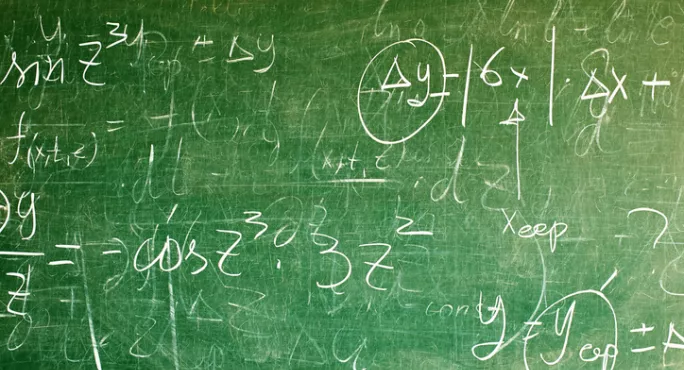The majority of post-16 maths teachers do not support the GCSE resit policy, according to a new report exclusively shared with Tes.
The report, entitled Mathematics in Further Education Colleges, published today by the University of Nottingham and the Nuffield Foundation, found that 80 per cent of teachers considered the policy too prescriptive and unsuited to the learning needs of some students.
The research, which took place over three years and involved over 230 interviews with staff, found that there was a “general agreement” that students close to the grade 4 borderline should have the opportunity to retake their GCSE.
However, some believed that students should only resit the examination when ready, while others advocated for a two-year GCSE programme.
Diane Dalby, senior research fellow at the University of Nottingham and co-author of the report, said: "FE colleges are working hard to implement the GCSE resit policy and ‘buy-in’ from the whole college is essential. It’s difficult to gain support for a policy that many feel needs adjustment, though, and where the benefits of strategies such as embedding and out of class maths learning are under-researched. "
Ms Dalby and her fellow author Andrew Noyes said that the long-term policy objectives for post-16 maths education needed clear articulation, and called for a model for 14-18 maths that values different academic, vocational and technical routes as well as identification of recommended qualification pathways for students with particular prior attainment and mathematical learning needs.
They also called for a mapping of post-16 maths learning opportunities both in stand-alone qualifications and within programmes.
Mr Noyes, a professor of education at the University of Nottingham, said that the model of a "single, traditional GCSE cannot possibly meet the needs of all learners.".
He said: "Sixteen years after the 2004 Smith report, we are still a long way off a coherent and appropriate set of mathematics learning pathways for 14-19 students.
"While the general support for maths-for-all-to-18 outline by Michael Gove in 2011 is welcomed, a key question remains: what mathematics? In a rapidly changing world in which mathematical and data literacy is becoming increasingly important, the model of a single, traditional GCSE cannot possibly meet the needs of all learners."
GCSE maths: ‘Radical reform’ of teacher training needed
GCSE resits: 20 colleges will see cohorts of over 500
Opinion: How can you run a Covid-safe exam for 500?
The development in teaching and learning of GCSE maths
The report highlighted three areas of teaching and learning within post-16 maths that needed further development: the operational planning of lessons, the approaches to embedding maths in vocational lessons and the strategies for out-of-class mathematics learning.
Students cited that they found the “settling period” in September – in which changes were made to groups and staffing – damaging to their confidence and progress. They also said that inconsistent attendance from their peers affected their learning. Both staff and students agreed that when it came to timetabling, sessions late in the day, or disconnected from the rest of their vocational timetable, were likely to reduce attendance and concentration, even for well-motivated students.
Ms Dalby and Mr Noyes said that colleges needed to take better account of the “GCSE retake students’ characteristics” to provide the best possible environment for learning.
The report also recommended that research on approaches to the embedding of maths into vocational learning was commissioned – and said that only a few vocational teachers aimed to develop mathematical understanding and students rarely saw the links between maths in a vocational context and maths taught in maths-specific lessons.
The research found that few colleges had been successful in establishing regular homework, with only a minority of students completing the work set. The authors called for more effective strategies for out-of-class mathematics learning for FE students to be developed, evaluated and disseminated.




